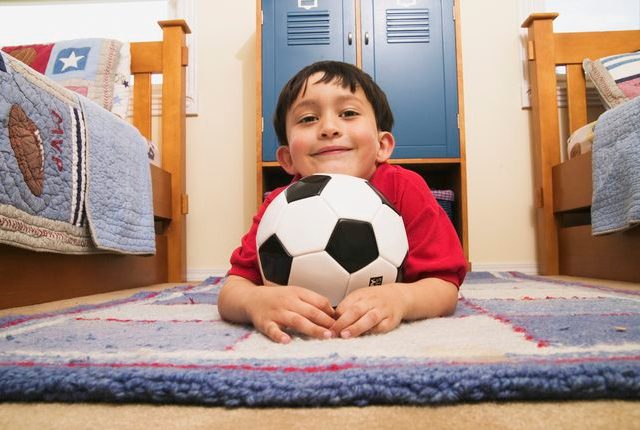Bedwetting medications
Got a bed wetter? Sure, it can be frustrating for you and awkward for your kid, but it's in fact a typical problem with roughly 5 to 7 million children in the U.S who wet the bed during the night.
Find out what triggers bed-wetting and what you can do to assist your kid finally remain dry.
Bed-wetting is a huge kid problem too
Although the majority of 2- and 3-year-old kids are potty trained during the day, many still damp the bed in the evening. In truth, about 12 percent do even up until age 6. After that point, however, specialists concur intervention is needed.
Something's for sure: Bed-wetting isn't caused by a mental problem. A substantial life change such as a divorce, a death, or a relocation can activate it, according to Dr. Howard Bennett, author of Max Archer, Kid Investigator: The Case of the Wet Bed.
What causes bed-wetting?
There are a number of reasons that a kid might be a bed-wetter. For starters, it could be genetic considering that "about 3 out of 4 children who are damp at night have a very first degree relative that had the exact same problem," stated Bennett, who blogs at howardjbennett.com.Bed-wetting might also be caused by an absence of communication between the bladder and the brain. When your kid is toilet trained, she or he finds out to hinder the contractions and hold the urine back. Yet even if your kid is able to do it throughout the day, she or he might still wet in the evening since "whatever finding out goes on in between the part of your brain that is accountable for having your bladder empty or holding your urine in, is still immature," Bennett stated.
Another culprit may be that the bladder merely does not have sufficient room. And those children often have problems holding their urine throughout the day also, according to Dr. Hubert Swana, a pediatric urologist who practices at Nemours Children's Hospital in Orlando, Fl.
If your child is a bed-wetter, here's what you can do:
See the pediatrician
If your kid all of a sudden begins to wet the bed and never did in the past, she or he might have a urinary tract infection or a more uncommon condition like diabetes or a neurological problem. Sleep apnea could be the perpetrator too. Be sure to speak with your child's pediatrician who can identify a cause, rule out other health issue, and supply solutions.Talk about it
Research studies show that kids who damp the bed have low self-confidence, probably since they feel that it's something they should have the ability to manage. It can help to talk about how typical it is and if a family member had the exact same problem, share that too. "Children typically feel bad about it, and it helps to know that somebody else in the same household had the very same problem," Bennett said.
Don't penalize
Kids don't wet the bed on function, so discipline won't stop it.
Focus on poop
Irregularity can put pressure on the bladder, making it hard to keep in urine and triggering a desire to go. If your kid doesn't have soft, easy and routine bowel movements, talk with the pediatrician.
Get an alarm
The Wireless bedewtting alarms is the best option for bed-wetting. It's about 75 percent reliable, when used effectively and when both parents and child are motivated. Swana states a process needs to be followed: As soon as your kid moistens the bed, you should wake him or her up and then instruct your kid to alter the sheets, take a shower and go back to bed. When children recognize they need to do this each time "ultimately they find out to get up on their own," he stated.
Attempt medication
Desmopressin acetate is the most common medication to control bed-wetting and it works in about 50 to 75 percent of children. Ask your pediatrician if it's right for your kid.
Mark the calendar
Keeping an eye on both damp and dry nights can assist motivate your child to end his/her bed-wetting.
Drink and pee
Motivate your child to consume more fluids throughout the day and urinate as quickly as there is a desire to go. "If you don't take note of your bladder in the daytime, it's tough to take note of it during the night," Bennett said.
Cut the caffeine
Drinking after supper is okay, however prevent soda and sports energy beverages, because caffeine can activate bed-wetting.
Try lifting
Here's how it works: Before you go to sleep, either choose your child up out of bed or wake him or her as much as use the restroom. This will work as a pointer for what it seems like when your kid's bladder is full so she or he can take note of it at bedtime. "It does assist them remain dry till they either outgrow the problem, or if it does not work, they're more motivated to do something like the alarm," Bennett said.
Click here for more : How to Stop Bedwetting,Bedwetting solutions,Bedwetting store

Post a Comment